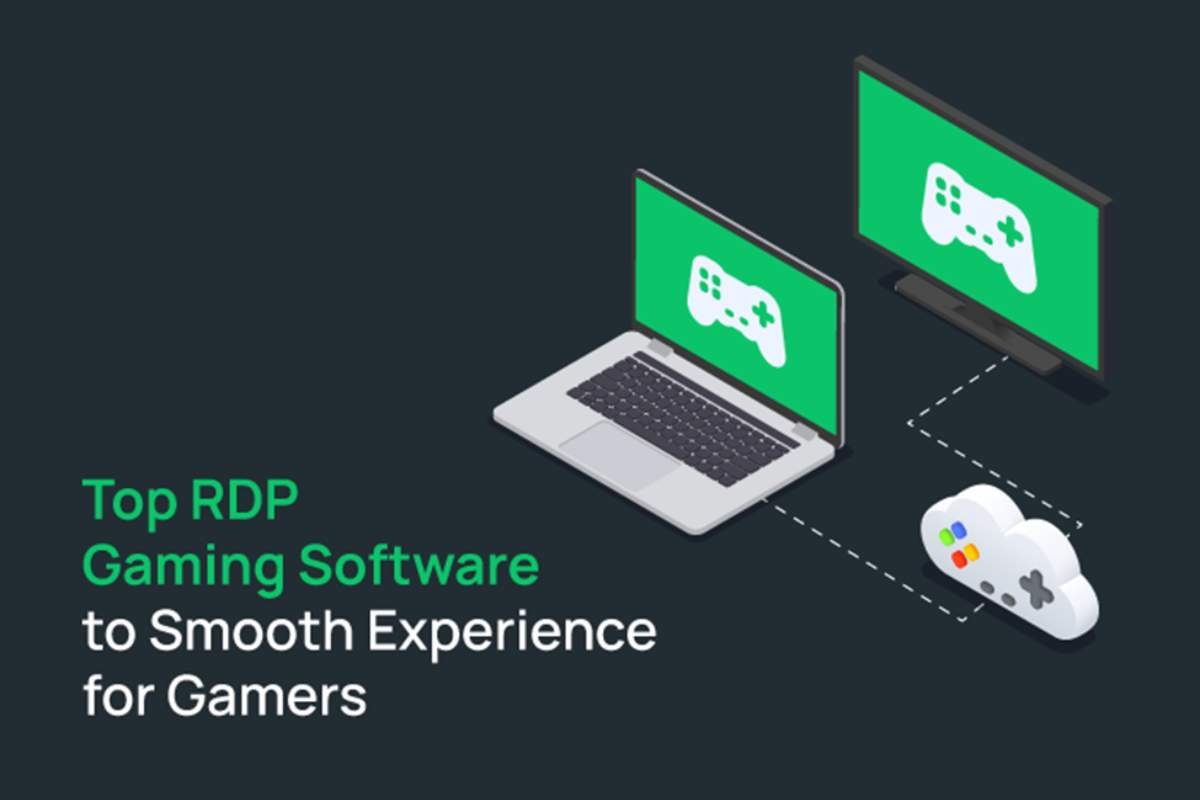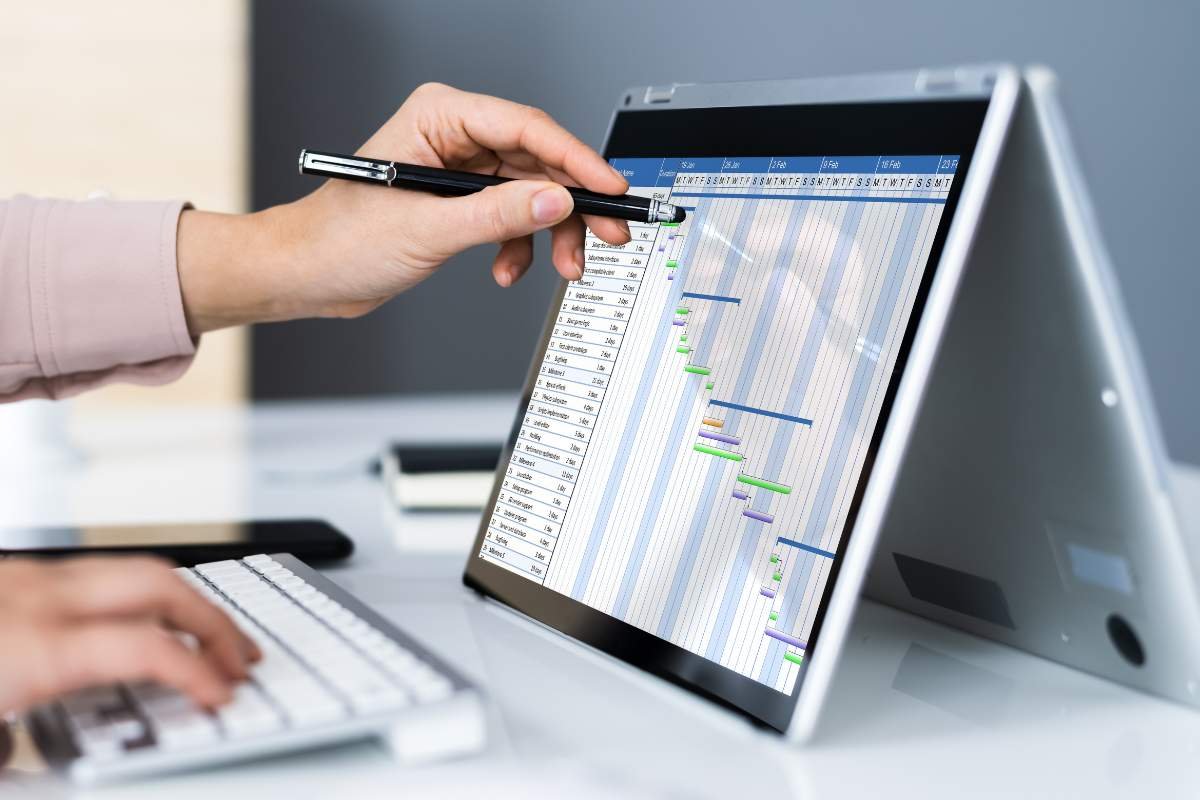In an era of digitization, every business is changing attire to be ahead in market competition. The global tourism and travel industry is forecasted to reach up to USD 11,382 Billion by 2025. In such a large and fast-growing industry there are endless opportunities to set up a business.
Many companies in the tourism industry are processing traditionally. This is a sector where a business person needs to be skillful in management, communication, and planning. In a traditional way of business, there are many difficulties to manage different amenities for customers.
Now a day every business is going digital. Data Science in the travel industry may sound different but it is the best possible way to grow a tourism business digitally. Let’s know firstly what data science is.
Data science is a field that uses scientific methods, processes, algorithms, and systems to extract knowledge and insights from structured and unstructured data. Mastering the fundamentals of data science is crucial for effectively analyzing and utilizing this data. Every company always records and generates a huge amount of data from various sources.
Different statistics are used to bring out the required and useful data from the vast data set. The data extracted which is also said to be as patterns are used to predict the future based on current existing trends. In simpler words, it is called predictive analysis. In predictive analysis, we study present and past trends in data sets to make predictions for the future.
Let’s see what can be done in the travel industry using data science technology-
1. Route Optimization
Route planning is one of the important elements of the tourism business. It plays a vital role in planning and the costing of a particular project. With the help of data, one can predict the future in the upcoming tour from existing and past data to avoid accidents and unwanted hustles. Route optimization can be done to save tour costs and time by scheduling it properly. For the best route optimisation software out there, you can try Locate2U.
A customer is always in search of cost-saving and within less time travel solution. Customers always have in their mind that the traveling time should be minimum and the time at the desired location should be maximum. Route Optimization can help to fulfill customer needs and to lure them to grab companies’ tour packages.
2. Alerting and Monitoring Systems
huge data and tours cannot be fully managed humanly across the world. Travel Industry is using machine learning techniques to find out defects in their systems and overcome them. A dedicated system alerts businesses as well as customers before the crisis. In the touring business many factors such as climate, vehicle failure, staying issues, health-related issues, etc. This alerting and monitoring system helps passengers as well as tourism companies to overcome the problems in Travel Industry.
3. Sentiment Analysis
shows that many people in the world travel just to show off on social media. It’s obvious that if someone is going to some nice place he wishes to upload photos, videos on social media platforms. Now a day people started posting reviews about the location, traveling medium, touring company, and all. If you write a bad review about something you get a reply from a respected company within some minutes. This feature is a part of sentiment analysis. Companies in Travel Industry can use people’s social media past and existing trends to offer them different tour packages as well as to serve them better.
4. Real-Time Analysis
time analysis plays a vital role in the tourism industry. Tourism forecasting models help a lot to predict travel activities for specific segments and customer segments. The main role of real-time analysis is to identify long-term and short-term opportunities for new deals. From the past data of the client, a company can predict future opportunities for business expansion in Travel Industry.
5. Predictive Analysis
must have noticed that the fairs for flights or the rates for tour packages are higher than normal on weekends and holiday times. Companies increase their rates on weekends to earn more profit from weekend business with the use of predictive analysis. Predictive analysis also helps companies whether to give special discounts on booking at a particular time as a promotional factor or not.
6. Personalization
people are getting things done with a single touch on their mobile screen, they are demanding more. It is obvious that with the new technologies people are expecting more and more. A factor that always matters a lot while choosing a tour plan is personalization. People always want to select plans that are comfortable with them within their budget in Travel Industry.
If you put a dish of something in front of them they will ask for more spices or something else. That’s personalization. Customers always love personalization. With the use of big data patterns, traveling companies can create tour plans that are way too comfortable for customers and fulfill their needs. Companies can expand their business by keeping customers’ needs in mind.
The Oldest Tourism pioneer company Thomas Cook downed their shutters a few days back. There are many reasons behind their sinking. They tried to be ahead in the race till now but some factors affected their business. A business only survives with an up-gradation and well-managed cash flow. If one still gets stuck with the old and traditional way of tourism business they cannot stand up strong. With the help of data science in the Travel Industry, big data, machine learning, and effective marketing the tourism and travel industry can fly high in the limitless sky of opportunities.





